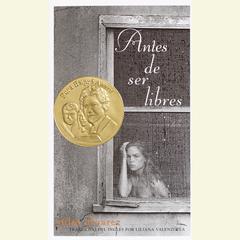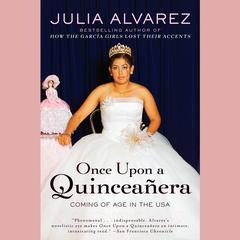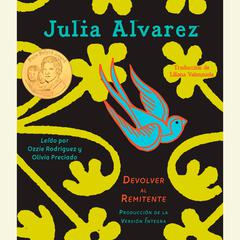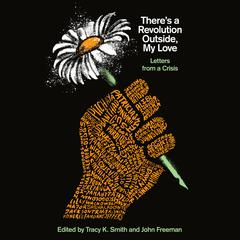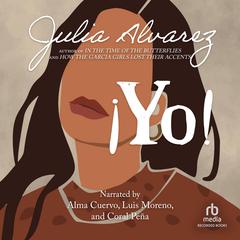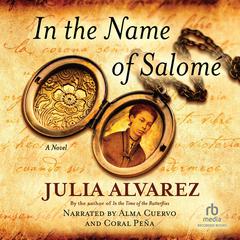 Play Audiobook Sample
Play Audiobook Sample
How Tia Lola Learned to Teach Audiobook
 Play Audiobook Sample
Play Audiobook Sample
Quick Stats About this Audiobook
Total Audiobook Chapters:
Longest Chapter Length:
Shortest Chapter Length:
Average Chapter Length:
Audiobooks by this Author:
Publisher Description
Tía Lola has been invited to teach Spanish at her niece and nephew’s elementary school. But Miguel wants nothing to do with the arrangement. On the other hand, Miguel’s little sister, Juanita, can’t wait to introduce her colorfully dressed aunt to all her friends at school—that is, if she can stop getting distracted long enough. Before long, Tía Lola is organizing a Spanish treasure hunt and a Carnaval fiesta at school. Will Miguel be willing to join the fun? Will Juanita get her head out of the clouds and lead her classmates to victory in the treasure hunt?
Download and start listening now!
"I'm really happy that Tia Lola is becoming a whole series! I love this character and all the characters in the books, and how the author tells the story. Can't wait to read more of them!"
— Ms.Patterson (4 out of 5 stars)
How Tia Lola Learned to Teach Listener Reviews
-
" A good book for multicultural studies. I enjoyed the Spanish proverbs. "
— Teresa, 1/6/2014 -
" I love Tia Lola and I love this entire community in Vermont! I would love to live among characters like the ones found in this book! "
— Heather, 9/11/2012 -
" Tia Lola volunteers at the school to teach Spanish. Everything goes wonderfully until a letter from immigration arrives. Lots of wise sayings in both English and Spanish. #bookaday "
— Shaeley, 1/1/2012 -
" Not nearly as enjoyable as the first Tia Lola story, but very upbeat. Alvarez does a great job portraying realistic characters in realistic settings. Two big questions in this story: Will Miguel accept Carmen AND will Tia Lola be deported? "
— Sharon, 1/26/2011
About Julia Alvarez
Julia Alvarez grew up in the Dominican Republic before immigrating to the United States at the age of ten. She now lives in Vermont, where she is a writer-in-residence at Middlebury College, Vermont.
Julia Álvarez vivió su infancia en República Dominicana hasta 1960, cuando emigró a los Estados Unidos. Luego de obtener sus títulos de pregrado y postgrado en literatura y creación literaria, enseñó poesía durante muchos años y publicó su primer libro de poemas, Homecoming, en 1984. Ha recibido becas del Fondo Nacional para las Artes y de la Fundación Ingram Merrill. De cómo las muchachas García perdieron el acento recibió el premio PEN Oakland/Josephine Miles en 1991, que se entrega a obras que presentan un punto de vista multicultural. En la actualidad, enseña literatura inglesa en Middlebury College.









